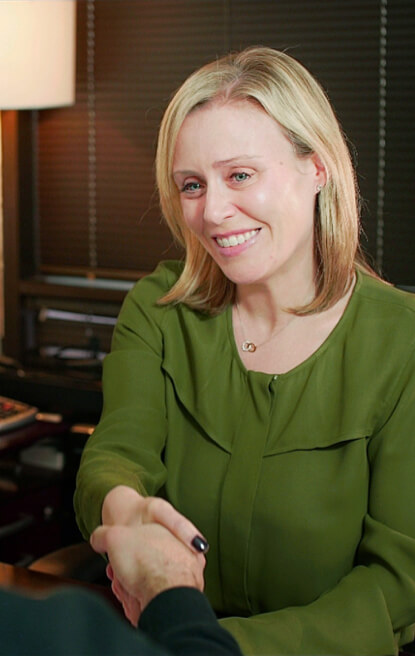The most common question our social security disability lawyers are asked is whether I should appeal for social security after being denied SSDI. Our lawyers have the most reliable answer for you: Yes! You should appeal for SSDI after you have been denied at least one. Amongst the vast amount of applications received only 20% are approved in the first round. Our lawyers have observed from doing the paperwork and working on individual cases with social security examiners, that claimants mostly make the mistake of not appealing to the denial. Whereas probabilistically speaking, pursuing the claim through appealing your case to the SSA stands a high chance of being fairly accepted of eventually being approved in the second go. The claim will almost always be denied after appealing for reconsideration, but stands a high chance of being approved if you follow the appeal process through hearings or other methods. Here’s how to appeal to the process rightly.
Other common mistake that claimants make is
You make another claim instead of filing an appeal
Filing new disability applications over and over again is not a good idea. Probably because you may be repeating the same mistakes for the very reasons why your SSDI was denied in the first place. By contrast, those who file appeals will certainly get their case heard by a federal judge or have the appeal through other processes that will increase their chances of being accepted.
You wanted to appeal but missed the deadline
This may happen if you as a claimant are unsure of what to do next or simply did not keep up with the deadlines due to depression or anxiety after being denied social security. Or it may be that you are looking for an attorney to file your social security disability case on your behalf but were unable to find any in due time.
You decided not to appeal
This could happen due to a couple of factors, including your fears of pursuing the application after being told you weren’t disabled. “If you are unable to return to work or perform substantial gainful activity, SGA due to your disability, you really are entitled to this benefit,” says a disability examiner. “It’s important to realize that this is not a simple application process, and appealing your case is the next important and required step.”
You wasted your time trying to correct the mistakes you made in your previous application
You have to file an appeal within a year of getting your disability application rejected. However, most of the people decide to file another application instead of going for an appeal. This could be due to different reasons including a fear of having your appeal rejected which is then followed by going to an administrative law judge, ALJ or even Supreme Court. However, most people don’t know that whatever is in your initial application, including the mistakes and rejection, stays with the Disability Determination Service staff at the SSA.
You didn’t provide enough information on your disability application and repeated the same in your appeal process
One example is undermining your disability by not giving enough details. For instance, you might mention that you are able to take a shower on your own, while not mentioning that you got bars for support or a personal caretaker or get help from a family member.
Another case is when you fail to provide enough information about your doctor or physician. Keeping all of your medical records are essential for a successful disability application.
You didn’t know you could get a disability representative at any stage of the process
While it is true that approximately 90% of the people do have a representative or a disability advocate to represent their case to the Disability Examiner, DE, most people do not know that they could also have it earlier.
In fact, getting your case represented by a professional greatly enhances your chances of getting your disability benefits granted by the SSA. A disability advocate would know the nitty gritty of the application process including the do’s and dont’s that could really impact the decision by the SSA.
There are the costs of your own time, the headache of the paperwork, the miles to doctors’ offices and transmitting this information to your Disability Examiner. Also, then there are delays involved for each consecutive step after a disability application has been denied. It could take up to 3 years to finally having your disability application approved on your own.
If you or your loved one needs help in their disability application process, don’t worry, we got you!

